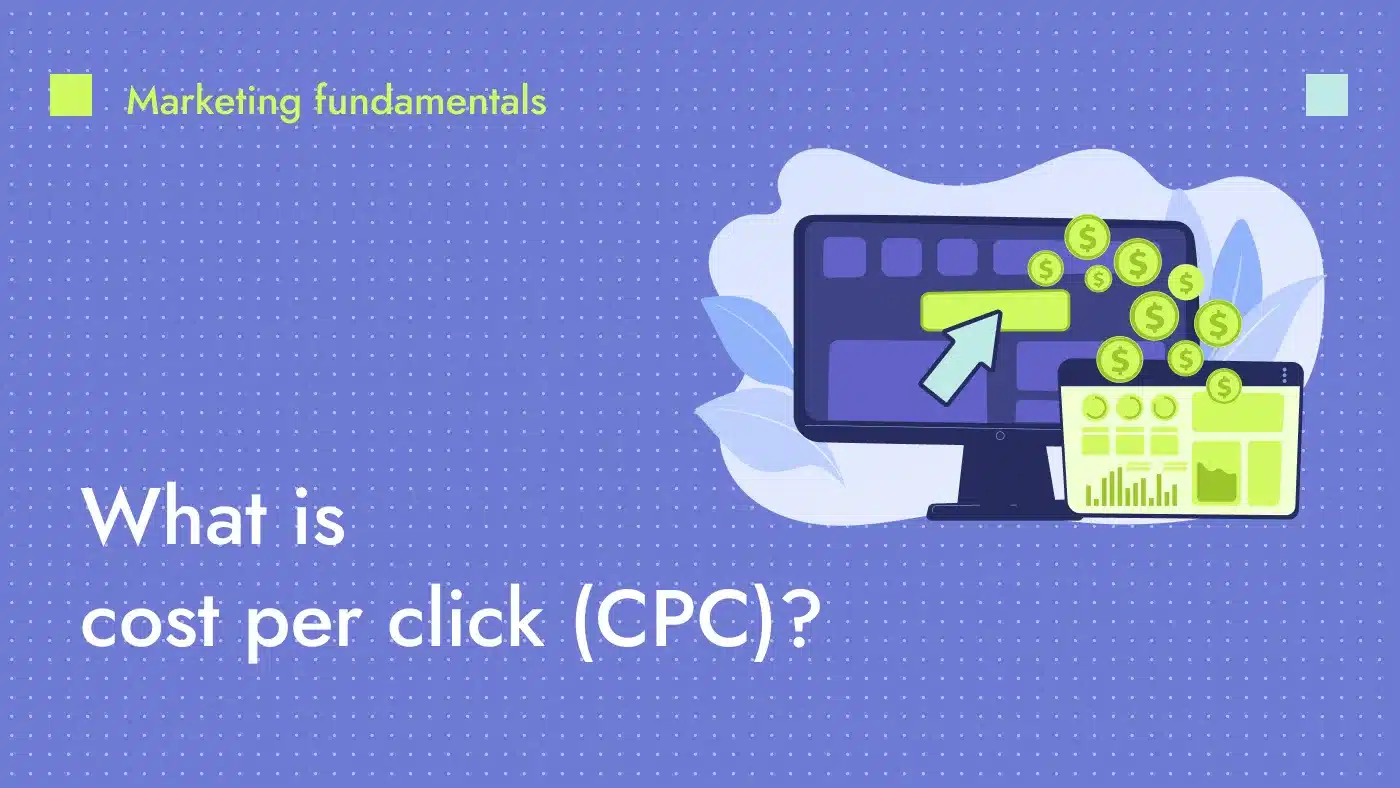Marketing return on investment (ROI) is a metric that measures the revenue generated from a specific marketing campaign compared to the amount invested in it. It’s the financial gain your company gets in return for the money it spends on marketing.
How to calculate marketing ROI
Calculating marketing return on investment involves comparing the financial returns from your marketing activities to the costs of those activities. In its most basic form, the marketing ROI formula is:

Why marketing return on investment is difficult to measure
Marketing return on investment is difficult to measure in practice due to the multi-channel nature of modern marketing and the complexity of the B2B buyer journey. For instance, if a customer interacts with several marketing campaigns before making a purchase, it can be difficult to determine which campaign should get credit for the sale. In such cases, attribution modeling, which involves using statistical techniques to assign credit for a sale to different touchpoints, might be necessary to provide a more nuanced view.
According to a Salesforce report, tracking marketing ROI/attribution was the second biggest challenge marketers faced in 2022. Despite the complexities involved, calculating ROI in marketing remains a critical task for marketers seeking to optimize their strategies and maximize their impact. The exact formula variation to use will depend on your business’s specific needs, the nature of your marketing campaigns and the data you have available.
☝️ To learn more about the KPIs you should track before, during and after your marketing campaigns, check out our complete guide.
What is the importance of ROI in marketing?
Marketing ROI is important for the following reasons:
- Business intelligence: ROI metrics are the ultimate truth-tellers, reporting whether marketing efforts are making profits or falling short. This clarity supports data-driven strategic decisions.
- Cost justification: According to a Deloitte survey, marketing expenses accounted for 12.3% of companies’ overall budgets in 2022. Demonstrating a positive ROI helps secure budget approvals and ongoing support for marketing initiatives.
- Budget optimization: Businesses can harness marketing ROI insights for optimal budget allocation, recognizing which campaigns are paying off and which might need a rethink or discontinuation.
- Campaign refinement: By analyzing ROI and marketing data, businesses can identify the most successful elements, such as channels, tactics or messaging, within their campaigns. This information can be used to fine-tune your marketing strategy.
- Performance tracking: ROI isn’t a static number. By tracking this metric over time, businesses can make proactive adjustments to their campaigns, ensuring they continue to yield a solid return.
What is a good return on marketing investment?
What constitutes a “good” marketing ROI can vary greatly depending on the industry, the company size and the specific marketing strategies being used. Generally, a ratio of 5:1 or higher is considered a good return on marketing investment.
💡 Keep reading: How to hire your first marketer
Which role within the marketing team is responsible for tracking ROI?
Marketing managers are typically responsible for tracking the ROI of the department’s initiatives. Their duties include:
- Setting goals: They set clear goals for each marketing campaign, such as increasing website traffic, improving engagement and generating more leads.
- Monitoring performance: They use tools such as Google Analytics to monitor the performance of each campaign and track ROI.
- Making adjustments: Based on the data collected, they make adjustments to each campaign to improve its performance and ROI.
📊 Seeking top-tier expertise on marketing ROI? Discover how a fractional CMO drives measurable results for your business.
How to make the most of your marketing dollars with Productive Shop
Productive Shop is a B2B growth consultancy that can help B2B teams improve their marketing ROI. From creating demand for your products or services and nurturing leads through search-optimized content to successfully converting these prospects into customers, we’re your go-to solution for better marketing outcomes. Our team of growth marketers works in partnership with you, understanding your unique business objectives to craft strategies that align with your goals.
Don’t just market — create real demand. Contact us to get started and take your marketing ROI to new heights.






